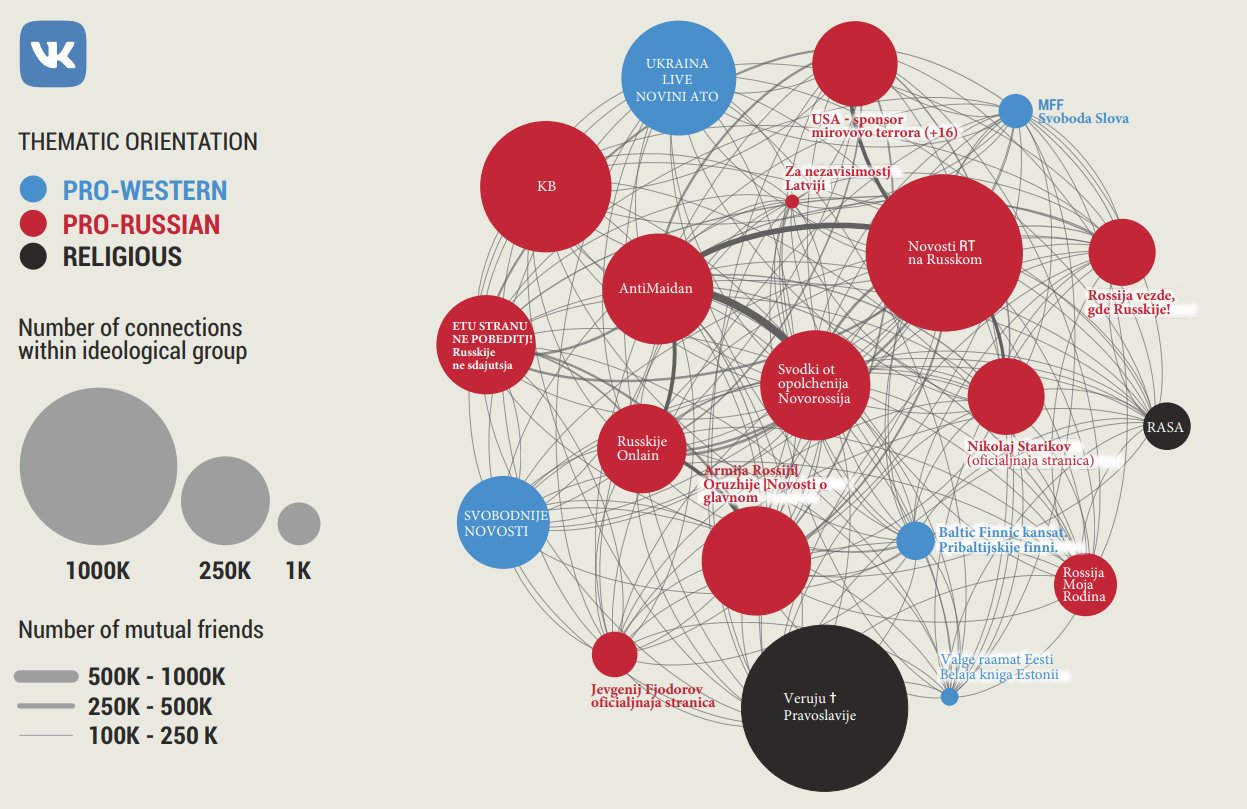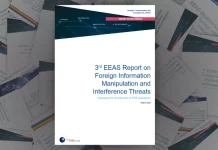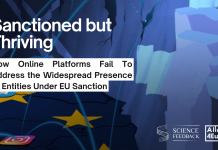By NATO Stratcom Centre of Excellence
New Robotrolling report by NATO StratCom COE shows a surge in anonymous Twitter posts about NATO activity in the Baltics and Poland. Additionally, bot activity in Russian-language conversations has returned to high levels following a winter slumber.
Robotrolling considers Twitter-mentions of NATO together with one or more of the host countries Estonia, Latvia, Lithuania, and Poland. In the period 1 February – 30 April 2018, Russian-language bots created 54% of all Russian-language messages about NATO in the Baltic States and Poland.
In the wake of the Skripal poisonings in the UK in March, Russian-language bot and anonymous activity about NATO more than doubled. Mentions of NATO on VK, in contrast, have been stable and declining during the period.
Social media companies are working to end platform misuse. But malicious activity is evolving. Today, anonymous accounts are dominating the conversation. These accounts are either operated manually, or they have become advanced enough to fool human observers. The responses from open and free societies to the problem of online malicious activity have neither been strong enough, nor consistent enough.
Figures presented in this issue reveal a disparity between the conversation quality in English and Russian-language spaces. Currently, the Russian-language conversation about NATO in the Baltics and Poland has six times the proportion of content from bot and anonymous accounts. As Twitter has taken steps to remove bots, the disparity has only widened. We assess that 93% of Russian-language accounts in our dataset are operated anonymously or automatically. In no way does this conversation mirror opinions of citizens.
| Download publication file (2.59 MB) |











